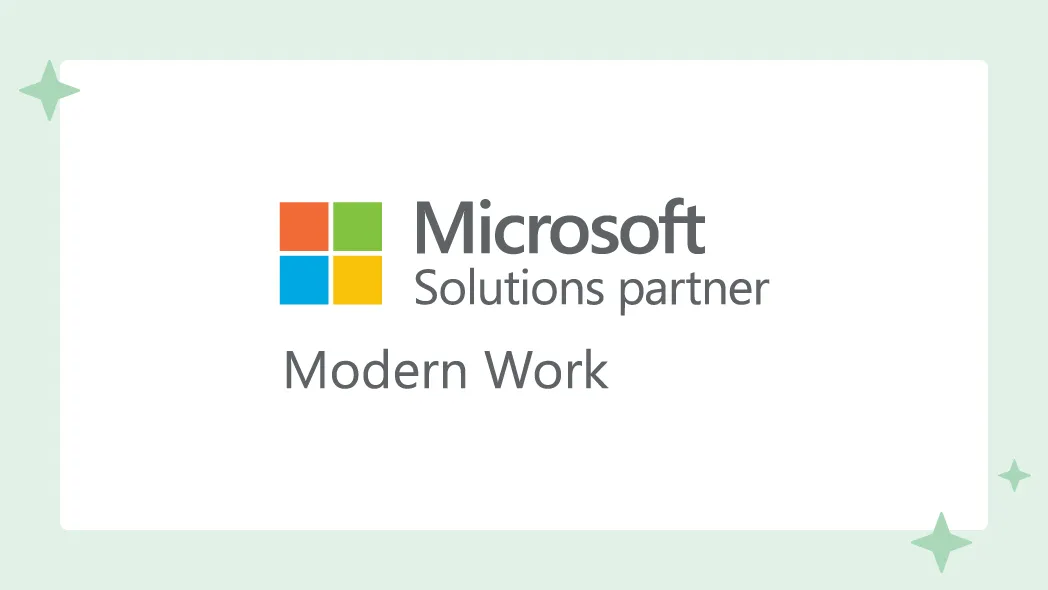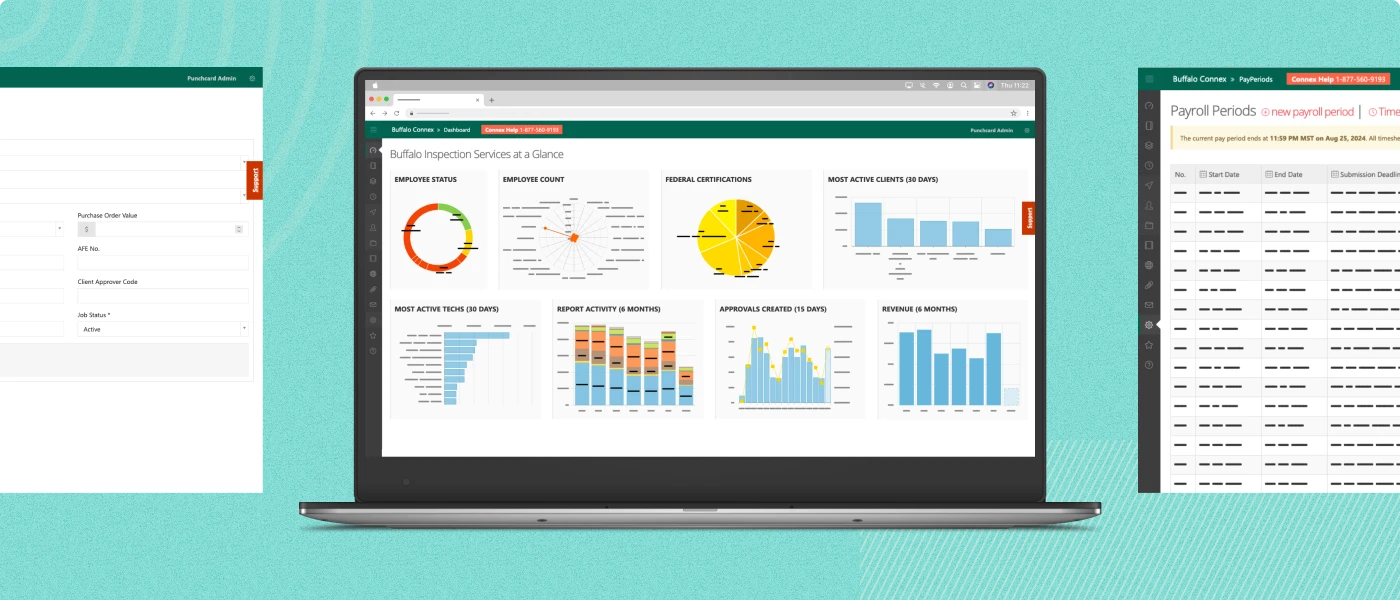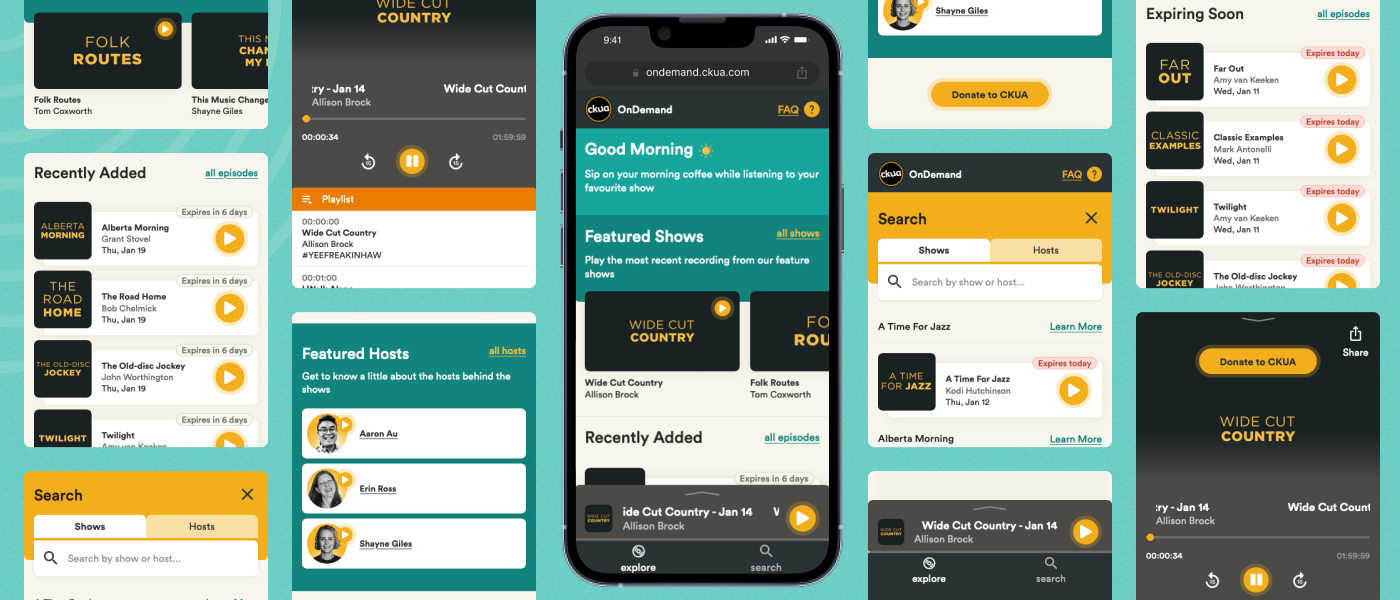custom software development
Create Impactful Digital Experiences with Web Apps

What are Web Applications?
A web application is custom software that lives within a website. Many of the websites you visit frequently are actually really just web apps—the website where you log into your email, the portal you use to access online banking, the platform you use to search for flights—all are in fact web apps.
Web applications are a great way to create immersive experiences that drive impactful engagement with your users. From simple search functionality and e-commerce shopping to private customer portals and dynamic content, web apps aren't just apps—they're custom software experiences.
While web applications can be just as powerful and impactful to your business as a mobile app, you first need to know how you want your customers to find and, more importantly, use your software.



Why Choose to Develop a Web Application?
While they are inherent similarities between web and mobile apps, there are also some key differences between the two that you should know about. Understanding the main advantages and disadvantages of web applications is very important to know before you dive in and start building a web app:
Pros
Device Agnostic
Web apps are built to work on multiple platforms.
Easier & Cheaper to Build
Web apps are built to run on multiple platforms with the same codebase—making them easier and less expensive to build and maintain compared to mobile apps.
Complete Control
Web apps do not need approval of an app marketplace—this means you have control over the updates and releases.
Developer-Controlled Updates
Web apps can be updated by the developer, removing the dependency on the user to download the newest version and ensuring a better experience for the user.
vs
Cons
No Offline Capabilities
Since web apps are run from a browser, your users will need to be connected to the internet to use them.
Difficult to Discover
Web apps are harder to discover organically—they are not part of a marketplace where users can search for what they need.
Less Features and Functionality
Web apps typically have less functionality and features because they cannot leverage the capabilities of a specific hardware platform.
Inferior User Experience
The user experience (UX) of web apps is typically inferior to mobile apps because web apps are built for multiple browsers and there isn’t a fixed set of user interface (UI) standards.
It is hard to know which of these pros and cons will impact the overall success of your app.
When you work with us, the first and most important part of our process is the Strategy phase, where we align your project to specific outcomes and metrics, as well as understand your users and what their pains and gains will be.
Knowing what we want to achieve instead of what we want to build will help us make better decisions and get to your desired outcomes.



Why Punchcard Should Build Your Web App
We have built many web applications in our lifetime.
We have extensive expertise in the ever-evolving ecosystem of development frameworks and our team works as an extension of yours to ensure that whatever we're building actually solves the true problem you're trying to solve.
Our Team
What makes us different from other software developers is our people. You can count on us to have the right skills, expertise, and ability to work together to solve unexpected problems and navigate change throughout the life of a project.
Our Process
With scope, timelines, and budgets constantly changing, digital projects are full of unknowns. Rather than focus on the outputs we want to build, we instead focus on the outcomes you want to achieve and adapt a budget and timeline to meet your needs.
Our Technology
In keeping with our core values, we are always maintaining our existing knowledge while learning about new and emerging technologies to understand how they can help us create better applications for our clients.



Use Cases for Web Apps



What Technology Do We Use to Develop Web Apps?
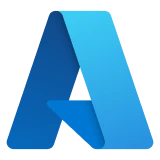
Microsoft Azure
Microsoft Azure is a comprehensive cloud computing platform that allows organizations to build, deploy, and manage applications and services. Some of the most recognizable companies rely on Azure’s infrastructure to manage their digital operations, handle vast amounts of data, and drive innovation at scale.

React
React is a powerful, flexible JavaScript library developed by Meta to help build user interfaces (UIs) that are fast, scalable, and interactive. The open source tool has become one of the go-to frameworks for modern web developers looking to create single-page, mobile, or server-render applications.
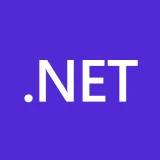
.NET Core
.NET Core is a free, open-source development framework by Microsoft that allows developers to build high-performance cross-platform applications across Windows, macOS, and Linux. If you're looking to modernize your tech stack and reach users across platforms, .NET Core is an ideal choice.
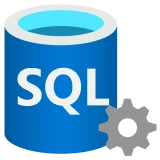
Microsoft SQL Server
Microsoft SQL Server is a powerful relational database management system (RDBMS) to manage, store, and analyze vast amounts of data and applications. SQL Server works well with .NET Core and Microsoft Azure, making it a strong choice for data storage and retrieval in web applications.

Punchcard CORE
Punchcard Core is our rapid application framework designed to speed up the development of complex web and mobile applications. It simplifies the development process and provides a foundation for building scalable and robust apps using technologies like .NET, SQL Server, and React.



You Might Also Like
Featured Posts

Digitizing Field Reporting on the Prairies with Buffalo Inspection Services
Read more: Digitizing Field Reporting on the Prairies with Buffalo Inspection Services



Ready to Create A More Impactful Digital Experience?
Web applications are more than just websites—they’re a gateway to deeper customer engagement and more immersive digital experiences. With our user-focused strategy, agile development process, and cutting-edge technology stack, our team will guide you every step of the way to ensure your web app is an impactful digital experience.
At Punchcard, we understand that building a web app is more than just developing software—it’s about creating a solution that aligns with your strategic goals and delivers real value for your users.
Ready to build a web app that makes an impact? Book a consultation with us and learn how we can transform your vision into a powerful web application.



FAQs
TLDR: what is the key difference between a web app and a mobile app?
Web apps run in browsers and are accessible on any device with an internet connection while mobile apps are built for specific operating systems and downloaded from app stores.
What is the cost of building a custom web app? How long will it take?
The cost of developing a web app depends on the complexity, scope, features, and integrations required. Our team will work with you to deliver a solution that fits your budget, timeline, and strategic objectives.
What technologies do you use to build web apps?
We use cutting-edge technologies like React, .NET Core, Microsoft SQL Server, and our proprietary Punchcard CORE framework to ensure scalability, security, and performance.
Do you provide ongoing support and updates for web apps?
We offer post-launch support, regular updates, and maintenance to keep your web app running smoothly and aligned with your evolving needs.



